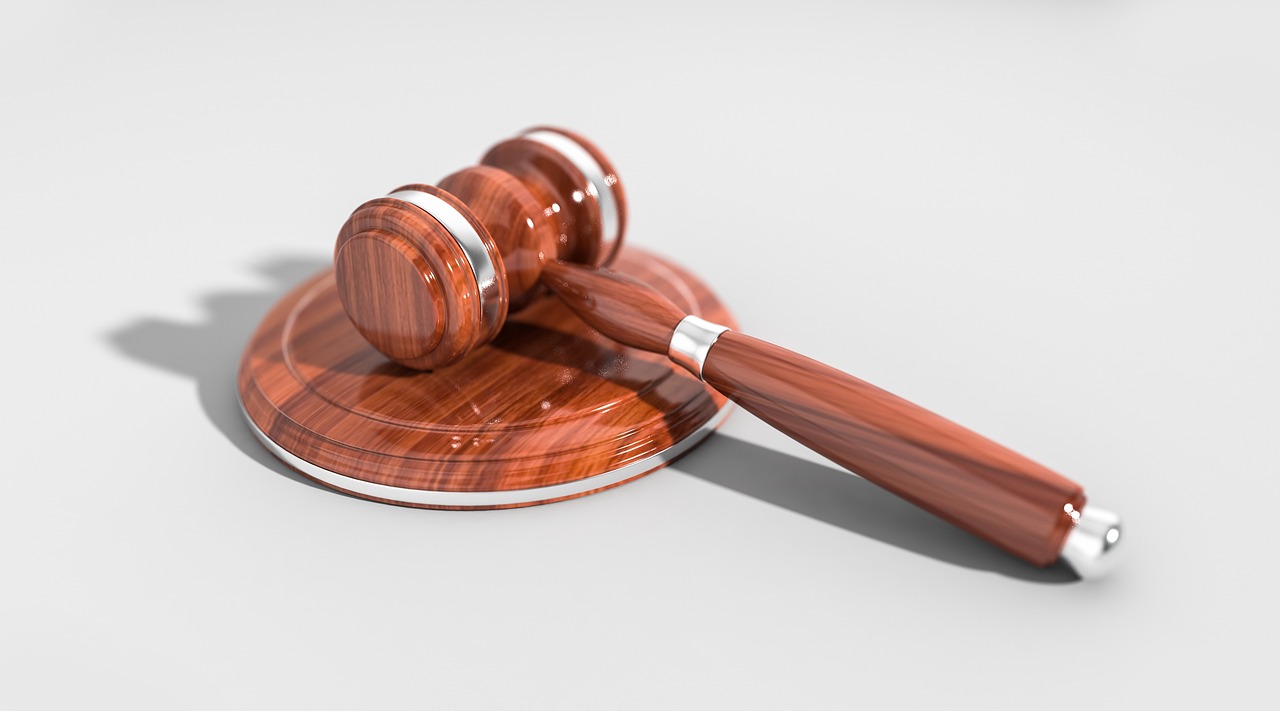Arrest Warrants from the ICC Spark Outrage in Israel
The recent issuance of arrest warrants by the International Criminal Court (ICC) for Israeli Prime Minister Benjamin Netanyahu and former Defense Minister Yoav Gallant has ignited significant controversy among Israeli leaders while being welcomed by factions within Gaza. The stark divide in responses highlights the ongoing tension surrounding the Israel-Palestine conflict.
Responses from Israeli Leadership
The announcement has elicited fierce backlash from various Israeli officials, who see it as an affront to their nation. President Isaac Herzog described the day as “a dark day for justice and humanity,” asserting that it aligns with terror rather than democracy.
The Prime Minister’s office labeled the ICC’s decision as “antisemitic,” firmly rejecting what they termed “false and absurd charges.” Similarly, Yuli Edelstein, chairman of the Knesset Foreign Affairs and Defence Committee, criticized the ICC as a political body swayed by Islamist interests, while Israel’s foreign minister claimed that the court had lost its legitimacy.
The reactions reflect a collective sentiment among Israeli leadership that views the ICC’s actions as politically motivated rather than grounded in justice.
Perspectives from Gaza
Conversely, Hamas and other Palestinian groups have embraced the ICC’s decision. In an official statement, Hamas called on global nations to assist in apprehending what they refer to as “Zionist war criminals.” Ordinary Gazans have also expressed approval; Muhammad Ali, a displaced resident of Gaza City, articulated a sense of hope that justice might finally be served after suffering profound losses.
Munira Al-Shami, who lost her sister to Israeli forces, echoed this sentiment, describing the ICC’s ruling as a step toward justice for thousands of victims.
Despite these sentiments, international legal experts remain skeptical about whether Netanyahu or Gallant will ever face trial at The Hague. While 124 countries are signatories to the ICC — excluding major powers like the U.S., Russia, and China — doubts linger about actual enforcement.
Broader Implications
The issuance of these warrants represents a significant setback for Israel’s international image and complicates its narrative of fighting against evil forces in Gaza. Many Israelis feel that global attention has shifted away from the October 7 atrocities committed by Hamas, overshadowing their own suffering.
On the other hand, Palestinians feel vindicated as their claims of war crimes gain acknowledgment from an international institution. With judges stating there are “reasonable grounds” for criminal responsibility regarding alleged war crimes and crimes against humanity, this situation poses challenging questions for both sides.
As tensions escalate and international scrutiny grows, it remains to be seen how these developments will reshape geopolitical dynamics in the region.


